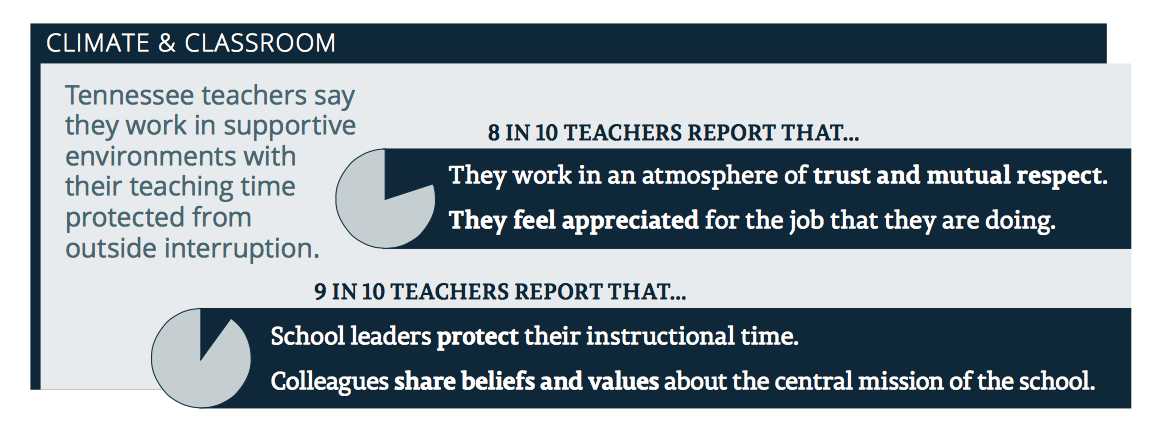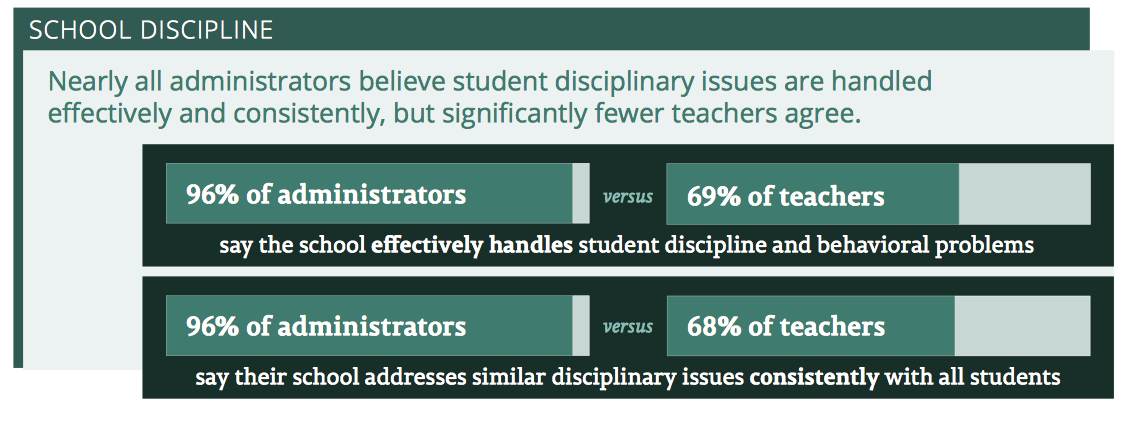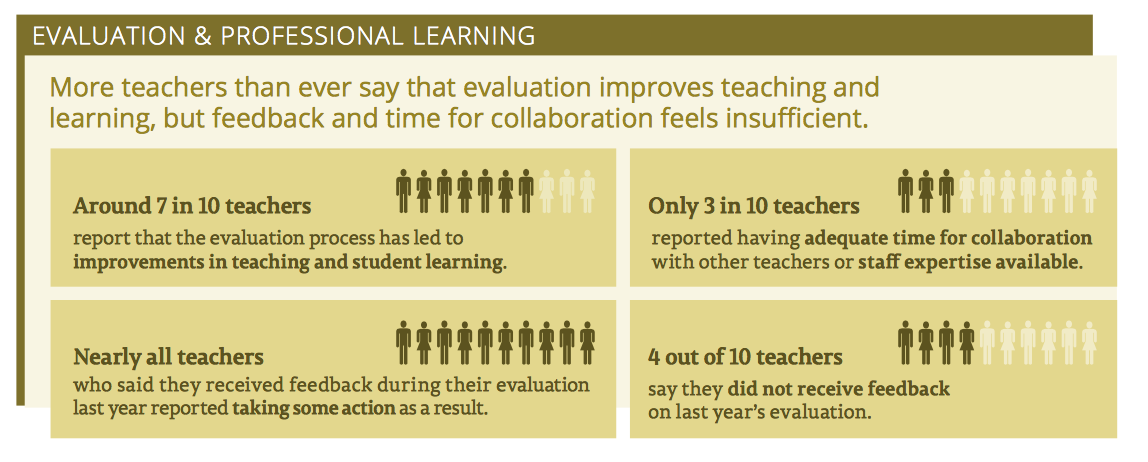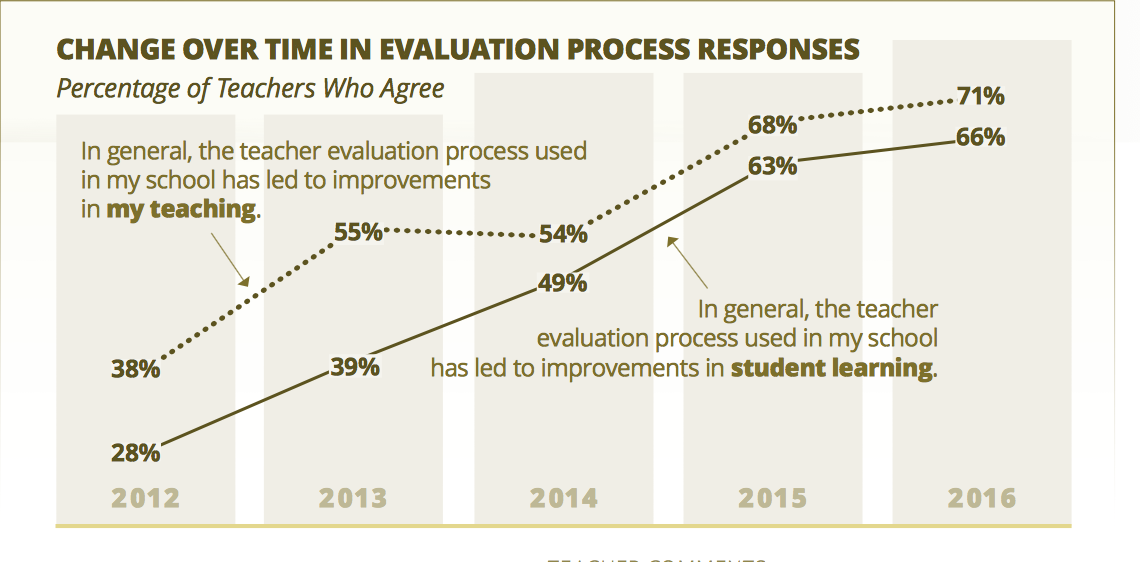The following piece was submitted by Casie Jones.
As an educator, I always want to bring what we call the “real world” into the classroom to build student awareness of self and knowledge beyond just the local community. This was especially true in the context of my classroom at an alternative high school in which many students did not even know the world beyond their own neighborhood. I taught from the desire to help my marginalized students see the greater opportunities that they had and not to be bound by the limitations they assumed society placed on the them—sort of that “rise above” concept. As a white woman, this felt like a genuine way for me to contribute to the betterment of their lives as minorities. But in light of the recent surge in protests, self-reflection revealed that this pedagogical philosophy requires an immediate revision. A scroll through my newsfeed on a popular social media site shows several posts regarding teaching students about protests, yet I feel compelled to add another perspective despite how controversial it may seem.
Even 60 years after the Civil Rights Movement, Dr. King is hailed as a hero for his non-violent approach to protesting racial segregation and inequality, but, though credit is given for his significant impact, Malcolm X is still known as the lesser of the duo because of his militant perspective and methods. However, Dr. King would not have seen that success without the counterbalance of Malcolm X’s work. We teach time and time again how heroic the pacifist Dr. King was in the face of aggression and encourage students to embody these principles for society to truly heal. And yet, Dr. King knew that taking risks such as crossing the Edmund Pettus Bridge would yield a violent response. In essence, both Malcolm X and Dr. King knew the same underlying truth that violence was the result of ignorance and implicit bias.
Despite the differences in approach, fundamentally both civil rights leaders knew that violence also exposed socially overlooked injustices. Now we are once again engaged in a civil rights movement. With the remaining essence of Dr. King and Malcom X, we celebrate the young man who gives free hugs, hold our breath as we watch protesters block bridges and face SWAT teams, and breathe sighs of relief when nights of protest pass with no carnage. However, when protestors damage property or engage with police or speak of a war against authority, we cringe. We rally behind hash tags of “ALLlivesmatter” or #peace but are unwilling to support “BLACKlivesmatter” or ignore #NODAPL because they are inciting riotous behavior and require us to face those implicit biases that STILL exist. Our pervasive message is that violence is just not the way we reconcile race and equality; this is not how we preserve our freedom—this is not how we make America great again.
Or is it? I firmly believe that what we need to be willing to teach in our classrooms is that successful protesting has historically NOT been peaceful. It comes with a cost especially if freedom (whether religious, political, or social) is truly at stake. Many would argue that those moments are historical and should remain historical because today’s society is different. But I vehemently beg to differ because at each of those moments in history, it was considered “today’s society.” We are living in a civil rights movement and more than just a black and white issue. Our current civil war consists of police brutality against black males, Native American protests against the Dakota Access Pipeline, LGBQT discrimination, Islamophobia, the right to carry, and many other issues plaguing Americans. What we must be willing to recognize is that in each of these battles, the war is not person vs person, but is person vs a systemic mindset. And as a nation we have been here before. But true change may not come peacefully. And we must be willing to teach that. Here are a few examples to support this risqué teaching philosophy:
1. As the news reports vandalism and looting during protests, critics discuss how disrespectful this is and that some have referred to rioters as “animals” that should be locked up for violating the law. However, our history books sensationalize the colonist for dressing like Natives and throwing an entire shipment of tea into the Boston Harbor in rebellion against the oppressive British regime and heavy taxes. In a justified fight against oppression, property will suffer.
2. During the Protestant Reformation, many protestors (hence Protestant) where slaughtered as martyrs for the sake of religious freedom from the Catholic Church. They violated laws against translating the Bible and speaking publicly against the church because the law and the church were synonymous. In a justified fight against oppression, lives will be lost.
3. The bloody French Revolution greatly impacted the Western world’s structure of government. As one of the last remaining monarchies, the French aristocracy was a very small percentage of the country’s population but controlled all aspects of life and law. After long-term suffering of starvation and abuse of power, the French peasants held a massive rebellion dethroning the French monarchy and ushering in a republic and later a democracy. Lady Guillotine crafted a powerful voice. In a justified fight against oppression, governments will fall.
We are living in a nation that was founded because a group of determined white people sought to throw off chains of oppression. Now that same group has created a nation in which others have sought to demolish the same oppressive chains. Our nation champions an internationally lethal war on terror and yet requires a permit to protest on areas that block traffic and sidewalks or require audio support. In other words, we have forgotten our own struggle and no longer want to be bothered in our own homeland. Peaceful protests are praised on our own soil but we should also look at the broader perspective of history and understand the bloody sacrifice that it took to bring us to the present, a present that will someday be our nation’s past. I wonder if those who have gone before us would find our methods of protesting effective.
We once stood united against an oppressor and, that which we fought against, is now that which oppresses us once more. I am not advocating teaching students that rebellion is our greatest move. But what I AM advocating for is that we teach students the passion that it has taken to move society this far and that we are currently living in yet another cycle of human history in which the oppressed must challenge the oppressor. We cannot allow students to think that the struggle is behind us and glorify the greats such as Dr. King or Martin Luther. We must show them that we also need those like Malcolm X who challenged the status quo to open our blind eyes to injustice. We must still cultivate future “greats” that will challenge closed mindsets, make us socially uncomfortable, and protect freedom for all.
Casie Jones has been an educator for over 15 years as a teacher, instructional coach, school support director, and educational consultant. She has served as a Teach Plus Fellow, an advocate for SCORE and SAP, and a TN Common Core Coach. Casie has also been featured in The Huffington Post, Bluff City Ed, The Commercial Appeal, and EdWeek.
If you’re an educator with a story idea, send an email to andy AT spearsstrategy DOT com
For more on education politics and policy in Tennessee, follow @TNEdReport




